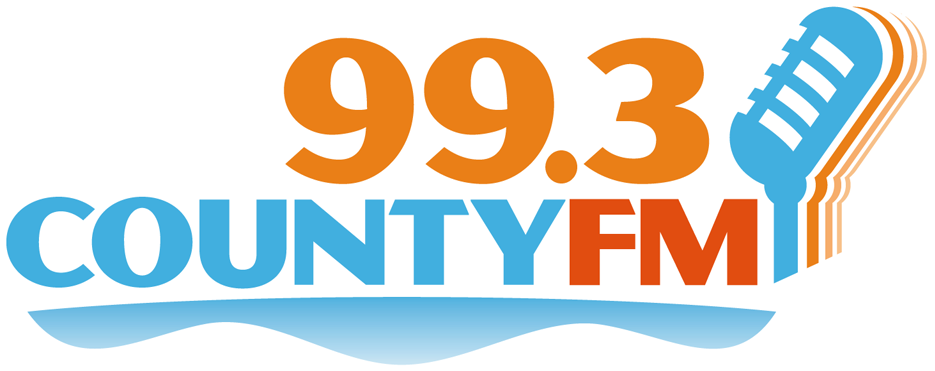Treat Hull took advantage of the fact he was vacationing in Haliburton in October 2011 to meet for an hour or so with Roxanne Casey, full-time station manager for Canoe FM in Haliburton County. This post summarizes the result from this exploratory first contact.
Legal Status
Canoe FM is structured as a not-for-profit. Their Board feels that the filing requirements for a charitable organization are just too onerous and outweigh the benefit of being able to offer tax receipts to donors.
Revenue Model
The station depends on two main revenue sources. The largest source of revenue are radio advertisements, for which they charge $13-17 per 30 second slot. (The price includes production of the ads, which they do in house.) The other source of revenue is a “radio-thon” which they do each summer, including on-air appeals, a fund raising event and an open house at the station. They raise approximately $15,000 each year through the radio-thon, mostly in small donations. They view the radio-thon as a key measure of support in the community.
They receive no government grants for on-going operations. The one exception is that one of the four municipalities in Haliburton County leases them space (including electricity and heat) at a very attractive rate. In turn, the station provides community service (school closures, landfill hours, etc.) and emergency communication bulletins.
Broadcasting Costs
They cover the whole of Haliburton County from two towers. (Haliburton County has an area of 4,025 square kilometers, as compared to the County which has an area of 1,050 square kilometers.) They use a phone line to link the studio to each of the two towers, one of which belongs to Rogers while the other belongs to a private individual. The “tower costs” –including phone links, leasing space on both towers and electricity cost for transmitters– are $680 per month or $8,160 per year.
Online Costs
Canoe streams its content over the internet. Initially they went with a high “quality of service” QOS internet connection which cost them $240 per month. (QOS is a measure which is used to evaluate the suitability of a connection for “voice over internet”. In addition to speed, it also incorporates a measure of “jitter” which is unimportant for data but critical for voice.) To save costs, they later downgraded to a regular internet connection at $120 per month. No subscribers were concerned by the downgrade.
Paid Staffing Model
Although the station started out with all volunteers, the founding vision was always to have paid staff. Current station manager Roxanne was originally a volunteer, but became full-time station manager three years ago. They currently have two full-timers, the station manager and the engineer (and an ad salesperson who works strictly on commission.)
Programming
Their license specifies the programming mix. They are defined as “easy listening” format, which means they have to broadcast a mix of easy listening, country, folk, jazz, blues and classical. They have had trouble getting listener support for the mandated classical music, so they play it late evenings and on Sundays. Music makes up a lot of their programing. Most of their own produced programming is recorded. They try to keep live-to-air to a minimum. One of their most popular programs is the lost dog/lost cast program. They have two complete studios. At any given time, one is used for producing programming or broadcasting, while the other is used for training. It takes on air volunteers a long time to get used to using the studio equipment.
Volunteers
The station currently has a total of 92 volunteers, of whom 30 are on the air. Most of the volunteers are retirees who have moved to the region. They have relatively volunteers among long-term residents. There’s lots for volunteers to do during the fundraising radio-thon. Maintaining of station logs also requires a lot of effort.
Other Community Radio Start-Ups
Roxanne mentioned two other community radio start-ups. Whistle Radio is located in Stouville with another start-up in Port Hope.
CRTC
She said that, contrary to popular opinion, they have found the CRTC to be very helpful and supportive, especially the telephone hotline service. She also said they are heavily backlogged on license applications.
